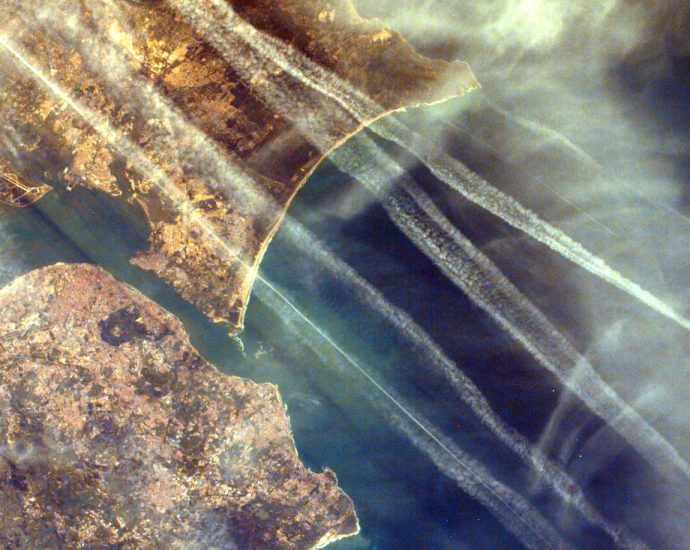As Above, So Below: Greenland’s Glaciers are Being Threatened by Warm Ocean Temperatures
It turns out that record-breaking weather systems aren’t the only threats to northern ice sheets: researchers measuring the temperature of the water at the face of Greenland’s Helheim Glacier found that the water was abnormally warm, not just near the surface, but all the way down to the seafloor 760read more

